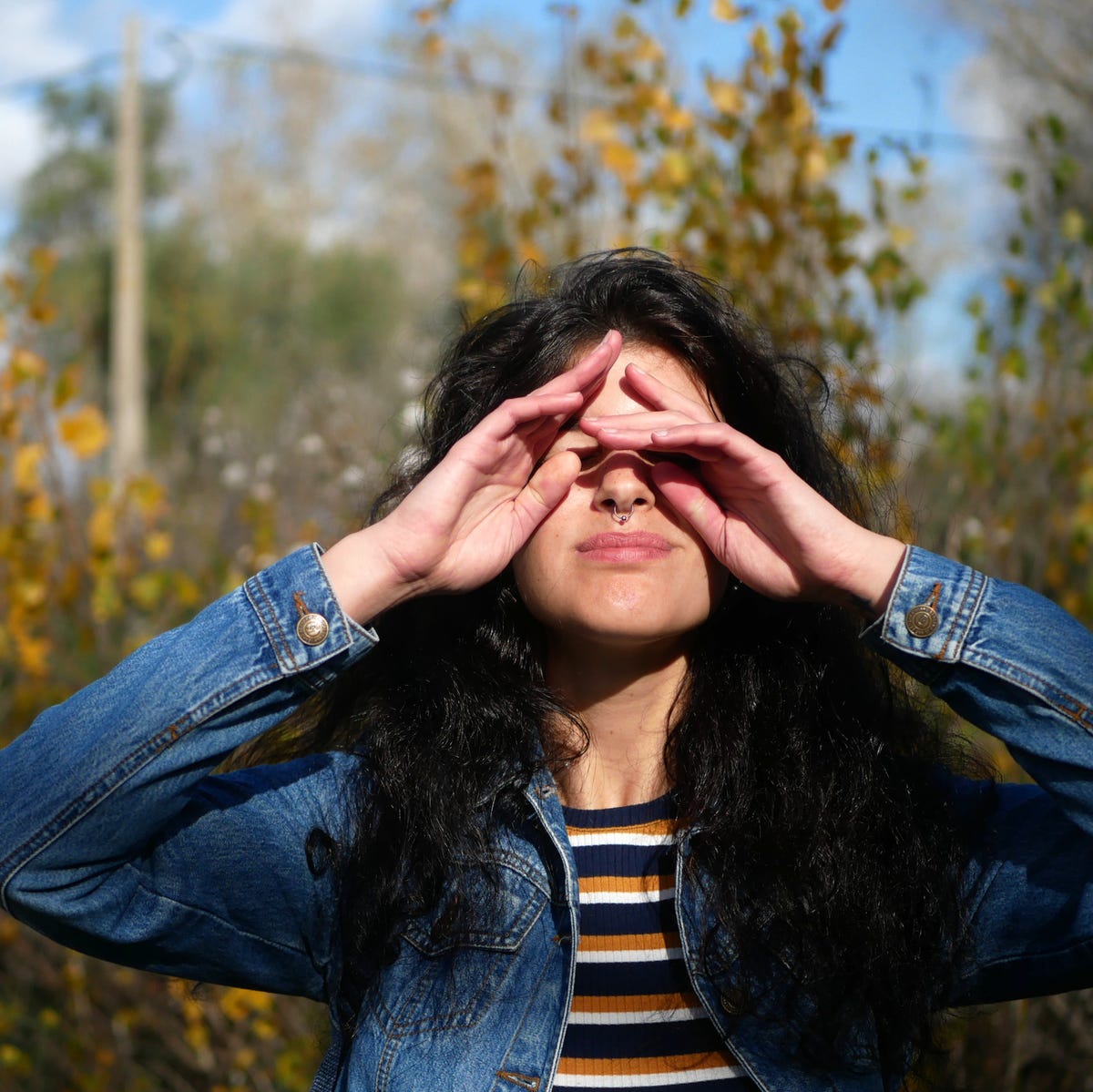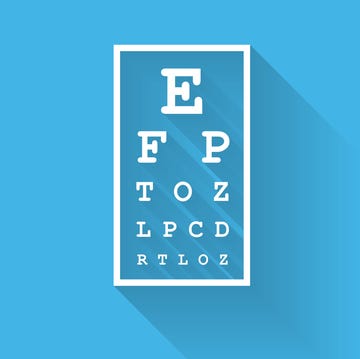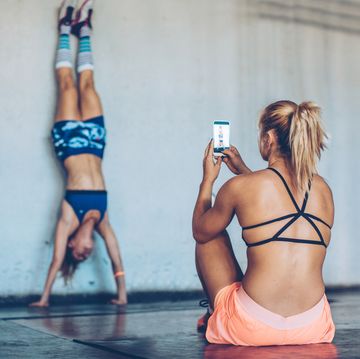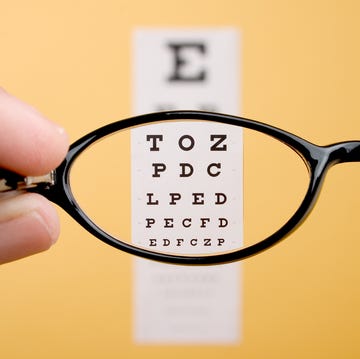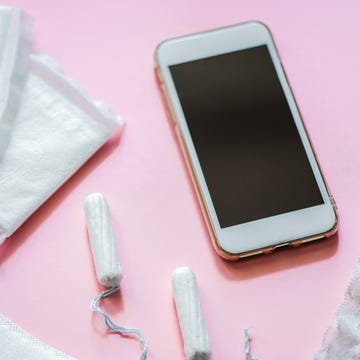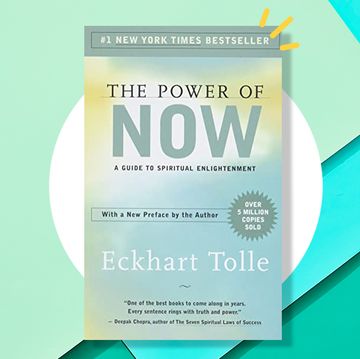If there’s one itch that’s hard to scratch, it’s your itchy eyes. Few nuisances are more annoying and uncomfortable, especially because it often feels like there’s no (safe) reprieve. And if you find yourself in this situation more often than not, you’re likely desperate to find out what is really going on and how you can stop it once and for all.
ICYMI, eye itchiness is a sign that your eyes' protective measures have been breached. “The surface of the eyes, like our skin, is in constant contact with our environment,” says Aditya Kanesa-thasan, MD, a corneal surgeon at Wills Eye Hospital and a clinical instructor of ophthalmology at Sidney Kimmel Medical College at Thomas Jefferson University. While the surface of your eyeballs and tears help keep your eyes away from a range of potential issues, sometimes they’re not sufficient barriers. Something ends up causing a problem for, and here comes the itchiness.
Meet the experts: Aditya Kanesa-thasan, MD, is a fellowship-trained cataract, cornea, and anterior segment surgeon. He is also a clinical instructor of ophthalmology at Sidney Kimmel Medical College at Thomas Jefferson University.
Vivian Shibayama, OD, is an optometrist with more than 10 years of experience at UCLA Health.
More From Women's Health

Identifying the culprit behind your itchy eyes can both help you find the right treatment and prevent it from happening again in the future. Here are the most common causes of itchy eyes, as well as how you can get the itchiness to stop ASAP.
1. You have seasonal allergies.
There are a few reasons why seasonal allergies can cause itchy eyes. One is that allergens like pollen can directly enter your eyes, making them uncomfortable, says Vivian Shibayama, OD, an optometrist at UCLA Health. And, if you’re struggling with allergy issues like sneezing and a runny nose, odds are you’re also dealing with watery, itchy eyes. “Your eyes and nasal sinuses are all connected,” Shibayama points out.
Also, your eyes are naturally involved when you have an allergic reaction. “This reaction involves the release of substances that can cause swelling, itching, tearing or redness in this tissue,” adds Muriel Schornack, OD, an optometrist at Mayo Clinic in Rochester, Minnesota.
2. Your contacts are causing problems.
Your contacts seem innocent enough, but they can cause your eyes to get irritated—and itchy. An itchy feeling in your eyeballs that’s caused by your contacts is usually “simply caused by the presence of a foreign body on the front surface of the eye,” says Schornack.
So it's important to make sure your contact lenses are in good shape at all times. Get regular eye exams since contact lenses can warp over time, resulting in a poor fit for your cornea, according to the American Academy of Ophthalmology (AAO). Also, regardless of what kind of solution you use, rub your contact lenses with clean fingers, then rinse them with the solution before soaking them in the case.
Of course, caring for your contact lenses also includes minding the case. Clean it with contact lens solution, then leave the empty case open to air dry. As a rule, replace it once every three months, or immediately if it's cracked or damaged, per the AAO.
Taking a break from your contacts when your eyes feel off—and making sure they’re well cleaned before you use them again—should help. If you feel like your eyes are constantly irritated by your contacts, Dr. Kanesa-thasan recommends that you stop using your contacts and see your doctor to try to figure out what’s going on.
3. You have dry eye.
Dry eye happens when the amount or quality of your tears isn’t as good as it should be. This can happen if there’s something wrong with any of the elements in your tear film, according to the National Eye Institute (NEI).
Under normal circumstances, your eyes do a pretty good job of lubricating themselves. But, when you have dry eye, you can struggle with symptoms like redness, burning, and, yep, itchiness.
Why? “A dry or irritated surface will be inflamed and feel itchy,” Shibayama says. With dry eye, the nerves in your cornea (the clear outer layer on the front of your eye) become “hypersensitive” to normal things they interact with, says Danielle Orr, OD, an assistant professor of clinical practice at The Ohio State University College of Optometry.
4. You have pink eye.
Pink eye, a.k.a. conjunctivitis, is a general term for “anything that causes inflammation of the conjunctiva,” the thin membrane that lines the inside of your eyelids, Schornack says. “Conjunctivitis may arise from allergy, infection, or any inflammatory condition of the eye,” she explains. That can lead to intense symptoms like eye swelling, watery eyes, redness, and itchiness, according to the CDC.
5. You're dealing with a viral infection.
Interestingly, there may be a link between COVID-19 and itchy eyes, a small study in BMJ Open Ophthalmology found. The researchers studied 83 patients with the virus and found that 81 percent had some kind of eye issues within two weeks of other COVID-19 symptoms. Those included sensitivity to light, eye soreness, and itchy eyes.
Pink eye could also be a symptom among children who become infected, according to another study published in JAMA Ophthalmology. And while itchy eye could be a symptom of the omicron variant, New Jersey-based ophthalmologist Michael Rosenberg, MD, notes that it is relatively rare.
6. Your beauty products are irritating your eyes.
While you don’t apply beauty products directly to your eyeballs (although if you do, we should talk), teensy bits of mascara, eyeshadow, and other products can leach into your eyes and the surrounding areas, causing irritation.
“Many beauty products contain a variety of substances, including dyes, perfumes, and preservatives to which a person can develop an allergy or hypersensitivity,” Orr says. “This can lead to redness and swelling of the eyes or the skin around the eyes, and usually itching as well.”
7. You have an eyelid infection.
Blepharitis is inflammation of the eyelids that usually affects both of your eyes along the edges of the eyelids, according to the Mayo Clinic. It usually happens when oil glands near the bottom of your eyelashes get clogged by debris. “This debris can lead to overgrowth of normal skin bacteria in the affected area,” says Schornack. And then you’re left with irritation, redness, and itchiness.
8. You have an eyelid mite infestation.
Seriously, this is a thing. The mites are called demodex folliculorum, and it’s quite common to have an issue with this, says Shibayama. These mites feed on skin cells and oil, and can be itchy.
If you do happen to get an infestation of these, don’t stress—you can get rid of them with antibiotics, steroid drops, or creams.
9. You’ve developed eye strain.
This is actually linked to dry eye. Eye strain happens when your eyes get tired from intense use, like staring at your computer screen for a long period of time or driving for hours. “Symptoms may be caused by a lack of an even layer of moisture on the surface of the eye,” Schornack says. That can cause dryness in your eyes—and that can feel itchy, Shibayama says.
10. There’s something in your eye.
Obvious, yes! Sometimes something can get caught in your eyelid or tears, causing your eyes to feel…off. “Sometimes these are organic pieces of grass, hay, or other debris that are kicked up by the wind, or loose eyelashes which happen to get stuck under the eyelids,” Dr. Kanesa-thasan says. That can lead to irritation and itchiness.
A clue that your itchy eye could be due to something pesky in it versus something else, per Dr. Kanesa-thasan: It usually just happens in one eye, not both.
How To Relieve Itchy Eyes
The best relief for itchy eyes usually depends on the source of the itch. But doctors says these steps may help you get relief, and fast:
- Use over-the-counter lubricant drops. Schornack specifically recommends preservative-free drops, since preservatives may irritate your eyes. This can help re-wet your eyeballs and rinse out any allergens that may be lurking on the surface.
- Try antihistamine drops. These can help calm your eyes if your itchiness is on the more severe end of the spectrum. “Mast cell stabilizer combination eye drops are usually effective,” Orr says.
- Opt for a cool compress. Wetting a washcloth with cold or cool water, wringing it out, and applying to your eyes can help you find relief, Shibayama says.
- Use an oral antihistamine. About 99 percent sure that your itchy eyes are due to allergies? An oral antihistamine can help, Schornack says.
- Clean your eyelids. If you think you might have blepharitis, gently cleaning your eyelids and eyelashes with baby shampoo can be helpful, Orr says.
- Don’t rub your eyes. It’s super tempting, but Dr. Kanesa-thasan says it’s best to take a pass. “This can worsen the discomfort and risks damage to the eye surface,” he says.
When To Call Your Doctor About Itchy Eyes
If you’ve tried basic, OTC remedies and you’re still uncomfortable, Dr. Kanesa-thasan recommends calling your eye doctor. “Your eye provider can diagnose what is causing your specific symptoms and the best treatment plan with a simple eye exam,” he says.
And, if you’re having other issues, like decreased vision or discharge from your eye, call your doctor ASAP.
